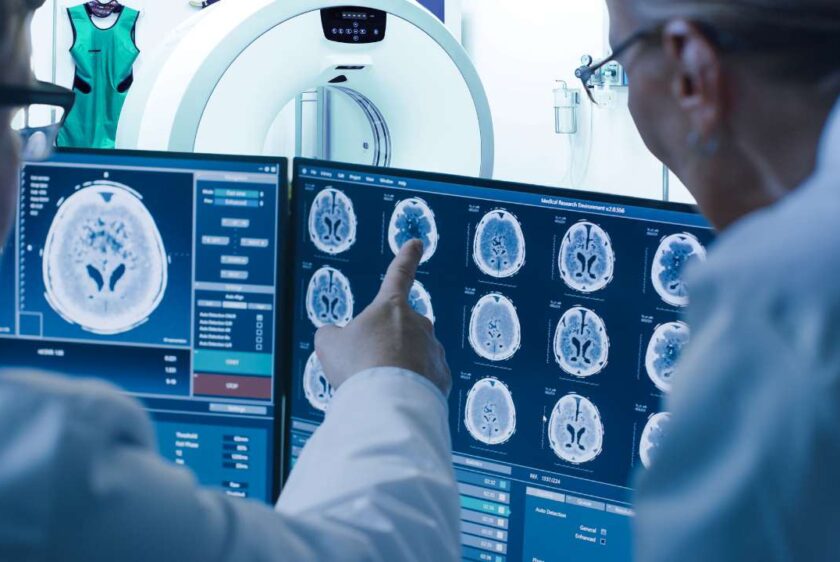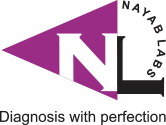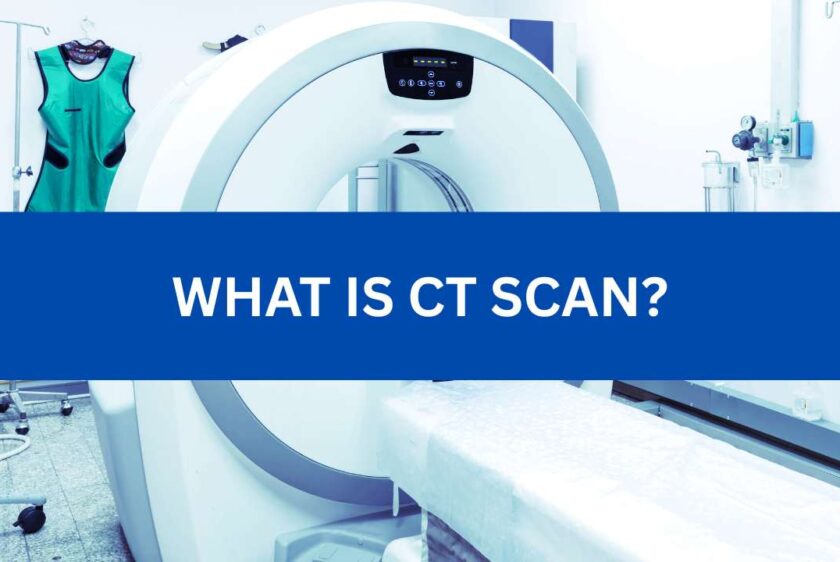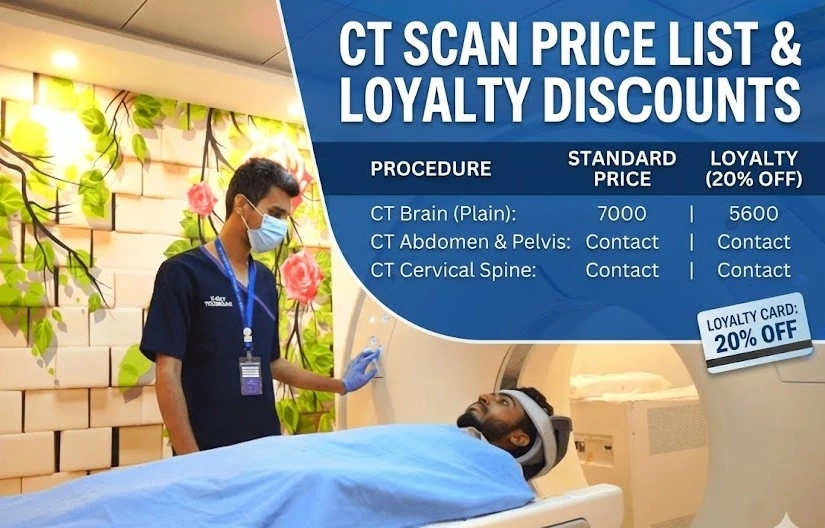Learn what a CT scan is, why it is recommended, how it works, and what to expect during the procedure. A complete patient guide for 2025 with FAQs and safety information.
What is a CT Scan?
Computed Tomography is an advanced medical imaging test that combines X-rays with computer technology to create clear, cross-sectional images of the body. It allows doctors to view bones, soft tissues, and internal organs in greater detail than a traditional X-ray.
Why is a CT Scan Recommended?
Doctors may suggest a CT scan to:
- Identify internal injuries, such as those from accidents or trauma
- Detect tumors, abnormal growths, or cancers
- Monitor infections or inflammation
- Help guide surgeries or biopsies
- Evaluate the condition of the heart and blood vessels
A CT scan provides vital information that supports accurate diagnosis and effective treatment planning.
How Does it Work?
During the procedure, you lie on a table that moves slowly into a large, circular machine. This scanner rotates around your body, taking multiple X-ray images from various angles. These images are processed by a computer to create detailed, 3D views of the inside of your body.
Fact:
A CT scan uses X-rays taken from different angles and combines them with computer processing to produce cross-sectional images of the body.

What to Expect?
- The scan is non-invasive and painless
- It usually takes between 5 and 10 minutes
- You may be asked to remain still or hold your breath briefly
- A contrast dye may be given to highlight certain areas, depending on the purpose of the scan
- You can typically return to your normal routine shortly after the scan
Is it Safe?
It is generally safe for most people. They involve exposure to a low dose of radiation, but the benefits of accurate diagnosis and treatment usually outweigh the risks.
Important considerations:
- CT scans are only recommended when medically necessary
- Pregnant individuals should inform their healthcare provider, as radiation exposure can be harmful to the unborn baby
CT Scan vs. MRI: Understanding the Difference
| Feature | CT Scan | MRI |
|---|---|---|
| Radiation | Yes (X-rays) | No (uses magnetic fields) |
| Best For | Bone injuries, lung, chest | Brain, spine, joints, soft tissues |
| Scan Time | 5–10 minutes | 30–60 minutes |
| Cost | Generally lower | Generally higher |
When Should You Get a CT Scan?
Your doctor may recommend a CT scan if you:
- Have experienced a head injury
- Suffer from sudden or unexplained chest or abdominal pain
- Need further investigation for persistent or unclear symptoms
- Are being monitored for a known health condition
Always follow your doctor’s advice regarding medical imaging.
Frequently Asked Questions (FAQs)
Does it hurt?
No, the procedure is painless.
How long does a it take?
Most scans are completed within 5 to 10 minutes.
Is fasting required before scan?
Fasting is only required if a contrast dye is used. Your doctor will provide instructions in advance.
Can I drive after a scan?
Yes, unless you were given sedatives or had a reaction to the contrast dye.
Where to Get in Pakistan?
If you’re looking for a reliable diagnostic center, Nayab Labs & Diagnostic Centre in Islamabad offers state-of-the-art CT scan services using advanced equipment and qualified radiologists. Accurate reporting, quick service, and patient comfort.
Book Your Appointment Today
Call: 051-111-770-770
Main Branch: Fazal Haq Road, Blue Area, Islamabad









